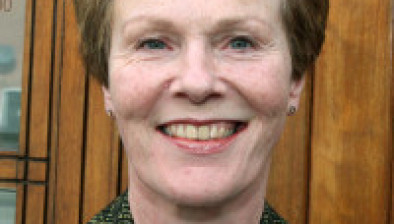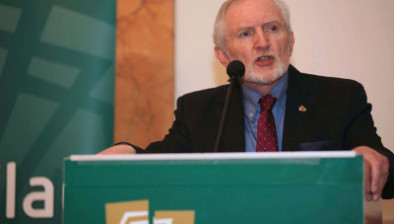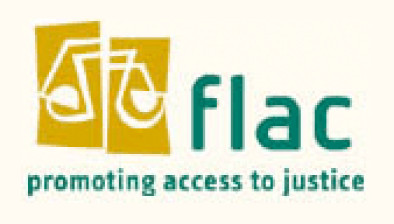Hotel ordered to pay €11,000 to Traveller family after unlawful discrimination

Sinéad Lucey
A hotel has been ordered to pay €11,000 to a family who suffered unlawful anti-Traveller discrimination when they were refused access for confirmation celebrations.
Margaret O’Sullivan, her sister and her partner, who were represented by FLAC, made discrimination complaints to the Workplace Relations Commission (WRC) under the Equal Status Acts after the family’s booking for dinner and accommodation to mark her child’s confirmation was cancelled upon their arrival at Oriel House Hotel.
The adjudication officer said he “found it hard to accept that the practice of a four-star hotel would be to corral discommoded guests with children, who were not members of the Traveller community, quickly out of the lobby in front of other people and offer them a substantial wad of notes as a refund in the carpark”.
The hotel was ordered to pay a total of €11,000 to the complainants who were “gravely affected” by the discriminatory treatment.
At the WRC, Ms O’Sullivan gave evidence of being told by the hotel’s manager that their reservation had been cancelled on the basis that the hotel was overbooked shortly after she arrived there with her family. She was then “scurried” out of the hotel lobby.
The AO highlighted that “[the complainants were] humiliated and embarrassed when [they] were ushered out of the hotel after the great disappointment of not being able to celebrate an especially important occasion”. The hotel’s assertion that the refusal of service was due to an overbooking was rejected on the basis of inconsistencies in their evidence and the absence of documentation which supported their explanation.
Welcoming the decision, FLAC managing solicitor Sinéad Lucey said: “As well as being extremely important to our clients, these decisions include a number of important clarifications of the provisions of anti-discrimination law.
“The adjudication officer affirmed that cases against hotels concerning ‘accommodation and ancillary services’ should be heard by the WRC and not the District Court. He also found that there is no requirement under the Equal Status Acts for separate notifications to be sent by each complainant in ‘associated complaints where a common allegation of prohibited conduct is alleged’.
“Significantly, he found that providers of goods and services may be taken to have ‘implied knowledge’ that people are members of the Traveller community on the basis of their ‘distinct style of dress’ — which he described as a ‘a badge of ethnicity and part of a culture of which the complainant stated, Travellers proudly uphold’.”
The cases were referred to FLAC by the Traveller Equality and Justice Project at UCC (TEJPUCC).
Eilis Barry, chief executive at FLAC, said: “Instances of discrimination such as that experienced by FLAC’s clients deprives Travellers of the opportunity to celebrate life’s important events in the same manner as the wider population. This form of discrimination is so common that it effectively gives rise to cultural segregation of Travellers.
“It is unlikely that FLAC’s clients could have pursued this case without FLAC’s dedicated Traveller Legal Service and the assistance of the TEJPUCC. However, there is no legal aid for discrimination cases heard by the WRC and FLAC’s Traveller Legal Service cannot meet the demand for its services.
“The current review of the State’s scheme of civil legal aid must ensure access to legal information, advice, advocacy and representation for all victims of discrimination.”









